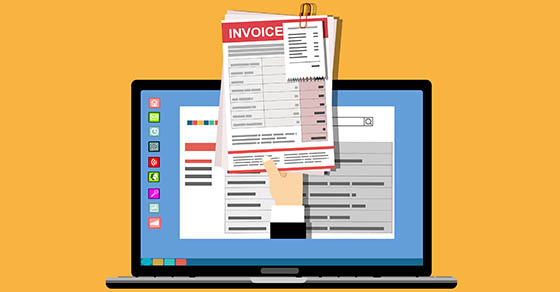Recent News
07/07/2025
Update on the One Big Beautiful Bill Act
On July 4th, President Trump signed the “One Big Beautiful Bill Act”, a sweeping tax and spending package with significant changes, especially for small business owners. Key Elements of the New Law: Permanent Small Business Tax Deduction and Lower Tax RatesThe 20% small business tax deduction, previously set to expire, is now made permanent. This deduction applies to pass-through entities such as S corporations, partnerships, and sole proprietorships. Permanent Bonus DepreciationExpensing limits for business equipment purchases have been significantly raised, and full bonus depreciation is now permanent for qualified property placed in service after January 19, 2025. Increased State...

Stay up to date! Subscribe to our future blog posts!
07/03/2025
Safe harbor 401(k)s offer businesses a simpler route to a retirement plan
When many small to midsize businesses are ready to sponsor a qualified retirement plan, they encounter a common obstacle: complex administrative requirements. As a business owner, you no doubt already have a lot on your plate. Do you really want to deal with, say, IRS-mandated testing that could cause considerable hassles and expense? Well, you may not have to. If that’s the only thing holding you back, consider a safe harbor 401(k) plan. These plans are designed to simplify administration and allow highly compensated employees to contribute the maximum allowable amounts. Of course, you still must read the fine print. Simple...
06/27/2025
DOs and DON’Ts to help protect your business expense deductions
If you’re claiming deductions for business meals or vehicle expenses, expect the IRS to closely review them. In some cases, taxpayers have incomplete documentation or try to create records months (or years) later. In doing so, they fail to meet the strict substantiation requirements set forth under tax law. Tax auditors are adept at rooting out inconsistencies, omissions and errors in taxpayers’ records, as illustrated by one recent U.S. Tax Court case. (T.C. Memo. 2024-82) Facts of the case The taxpayer operated a software installation, training and consulting business. She claimed substantial deductions for several tax years. The IRS disallowed...
06/20/2025
Run a more agile company with cross-training
Agility is key in today’s economy, where uncertainty reigns and businesses must be ready for anything. Highly skilled employees play a huge role in your ability to run an agile company. One way to put them on optimal footing is cross-training. Multiple advantages Simply defined, cross-training is teaching employees to understand and perform responsibilities and tasks outside the scope of their primary job duties. It has many advantages, including: Reducing the impact of absences. The potential reasons for any employee missing work are seemingly countless. A staff member may become sick or disabled, have a baby, take a vacation, get...
06/13/2025
5 tax breaks on the table: What business owners should know about the latest proposals
A bill in Congress — dubbed The One, Big, Beautiful Bill — could significantly reshape several federal business tax breaks. While the proposed legislation is still under debate, it’s already sparking attention across business communities. Here’s a look at the current rules and proposed changes for five key tax provisions and what they could mean for your business. 1. Bonus depreciation Current rules: Businesses can deduct 40% of the cost of eligible new and used equipment in the year it’s placed in service. (In 2026, this will drop to 20%, eventually phasing out entirely by 2027.) Proposed change: The bill...
06/06/2025
Mission and vision statements help businesses rise above the din
Many of today’s businesses operate in a cacophonous marketplace. Everyone is out blasting emails, pushing notifications and proclaiming their presence on social media. Where does it all leave your customers and prospects? Quite possibly searching for a clear perception of your company. One way — well, two ways — to rise above the din is to craft a mission statement and a vision statement. Although they may seem like superfluous marketing exercises to some, these two statements can help clarify your identity to customers and prospects. They can also matter to lenders, investors, the news media and job candidates. Why...
05/30/2025
Family business focus: Addressing estate and succession planning
The future often weighs heavier on the shoulders of family business owners. Their companies aren’t just “going concerns” with operating assets, human resources and financial statements. The business usually holds a strong sentimental value and represents years of hard work involving many family members. If this is the case for your company, an important issue to address is how to integrate estate planning and succession planning. Whereas a nonfamily business can simply be sold to new ownership with its own management, you may want to keep the company in the family. And that creates some distinctive challenges. Question of control...





